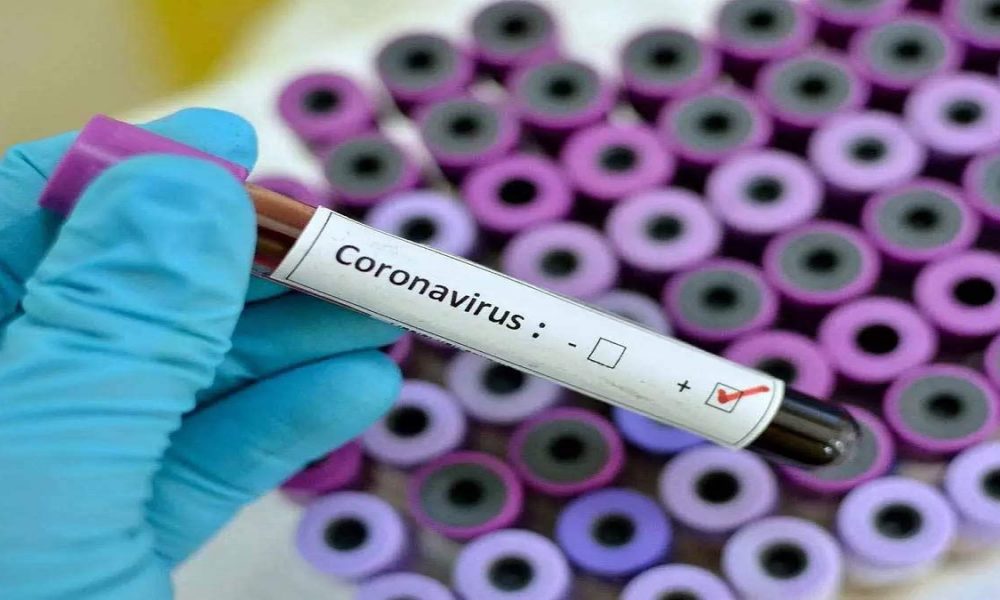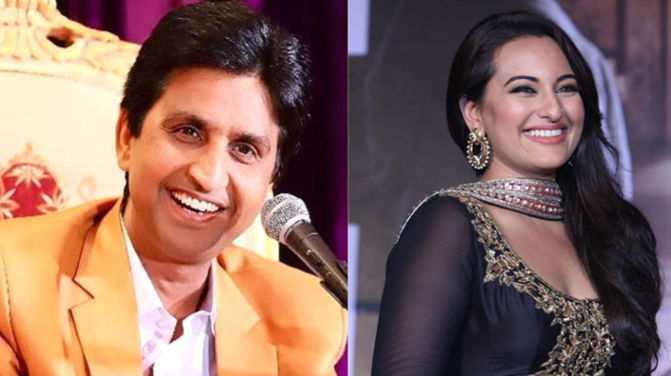Union Minister of Health & Family Welfare Dr Harsh Vardhan has said in a statement that he would take the first shot of the Covid-19 vaccine to address any ‘trust deficit’ over its safety. This statement gives me a feeling of déjà vu. Almost ten years ago, the then Health Minister Ghulam Nabi Azad had taken one of the first shots of the H1N1 flu vaccine. We had failed then to build trust over vaccine safety, and are likely to fail again, unless appropriate steps are initiated now — in addition to the Health Minister taking the vaccine.
In 2009-10, the world experienced the H1N1 influenza pandemic. There was a ‘race’ among vaccine manufacturing companies to produce a vaccine and countries scrambled to get vaccines. India had reported the first case of Influenza A/H1N1 in May 2009. The Government of India had then imported 1.5 million doses of the vaccine and also provided Rs 10 crore each to three vaccine manufacturers as advance market commitment for 6.25 lakh doses from each of the companies. We had taken all the right steps to get the vaccine but failed to deliver it to the communities. Not only did we not use most of the doses of the imported vaccine, but also failed to lift even a single vial of the vaccine, worth Rs 30 crore, ordered from the Indian manufacturers. One of the reasons for that had been the poor acceptance of the vaccine because of safety concerns.
During the H1N1 pandemic of 2009, inter alia, there were doubts raised about the safety of the vaccine. Even after making the vaccine compulsory for healthcare personnel, very few took it because the fear of adverse reactions, specifically for Guillain-Barré syndrome, was high among them.
India has small but vociferous anti-vaccine groups. The anti-vaccine movement, which has its roots in the US and the UK, has gained ground in parts of the country now. In the past, they have raised their voices against the use of the Measles-Rubella (MR) vaccine, the pentavalent vaccine (for diphtheria, pertussis, tetanus, hepatitis B, and H influenza B) and polio vaccines. Social media posts — which are worryingly effective — from these groups have also been circulated in India.
The approval of the Covid-19 vaccine is being fast-tracked so that the vaccine becomes available early and is able to control the pandemic and save millions of lives. The fact that something which would normally take 10 years to develop and tested for safety and effectiveness is being made available under “expedited approval” within a few months has given an impression that the vaccines are being rushed to the market and not sufficiently tested for safety and efficacy. In a significant move, India’s Ministry of Health & Family Welfare has permitted vaccine manufacturers in India to make and stock Covid-19 vaccines which are currently under clinical trials. Though these are welcome steps and would expedite the earlier availability of Covid-19 vaccines in the country, they are fuelling public concerns for pushing inadequately tested vaccines.
One of the theories making the rounds is that the disease is not as deadly as has been made out to be and that it only affects a small group of people which is immune-compromised. Another theory is that the coronavirus vaccine has tracking chips that would later be activated by 5G and used to influence the behaviour of people. Groups are busy sowing doubts even before a Covid-19 vaccine exists and this can undermine the country’s efforts to vaccinate high-risk groups.
While Covid-19 vaccines are under development, the nature and extent of vaccine hesitancy must be assessed and addressed timely. An effective communication strategy is needed now to address the fears and uncertainties.
The writer is an Infectious Disease Epidemiologist and Independent Consultant.







